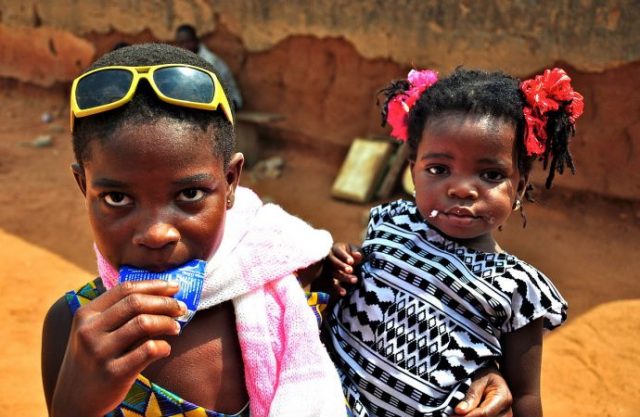Ghana church leaders are joining efforts to end the practice of child marriage in the west African country.
The Catholic Church, the Presbyterian Church, the Christ Apostolic Church International, and other religious bodies in August promised to use their sermons to discourage the practice.
Religious officials said sustainable marriages can only be made if the couples are happy, and that can only happen with the two parties freely consenting to get married. They added it was morally wrong for parents to force their kids into marriage.
Ghana already has one of the lowest rates of children who get married before they turn 18 in the region, but 21 percent of all marriages still involve an underage bride. The statistics are worse in northern Ghana, where 34 percent of girls are married before 18.
Church leaders are liaising with traditional tribal leaders, NGOs and the relevant government departments to end the practice.
The commitment comes within the framework of a two-year UNESCO-sponsored campaign implemented by Action Aid Ghana (AAG) that seeks to end child marriage in 12 districts and 120 communities in Ghana.
According to the coordinator of the project, Abena Anem-Adjei, the organization will be working with all community stakeholders to do away with the socio-cultural practices that encourage child marriages.
“We have also been sensitizing traditional, religious, and opinion leaders to use their authority to abolish and modernize some of the cultural and religious practices that expose girls to early marriages and to strongly declare their stand against child marriage,” she said.
On May 23, 2017, the Ghanaian Minister for Gender, Children, and Social Protection, Otiko Afisa Djaba, launched a national strategy showing how the government would tackle child marriages between 2017 and 2026.
The strategy aims to “empower girls and boys to be better able to prevent and respond to child marriage; influence positive change in communities’ beliefs, attitudes and social norms; accelerate access to quality education, sexual and reproductive health information and services; ensure the legal and policy frameworks related to ending child marriage are in place, effectively enforced and implemented; and increase the quality and amount of data and evidence available to inform policy and programming.”
“[This strategy] is the beginning of the journey to truly end child marriage,” Djaba said.
“Children below 18 should be learning and playing, not getting married or being mothers,” she added.












